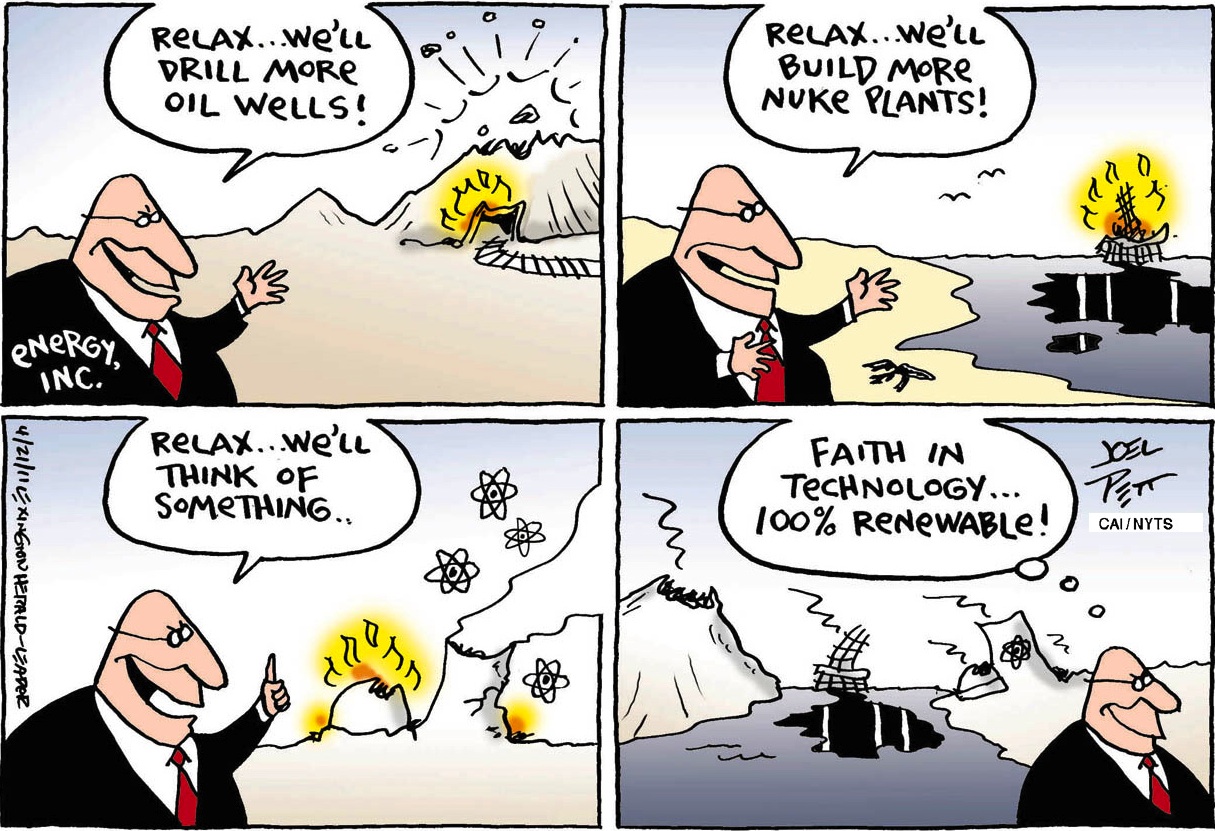The world has never been closer to achieving the dream of a more sustainable and secure energy future. Renewable energy from the wind and sun is becoming competitive with fossil-fuel-based power generation, and oil prices are hitting lows not seen for years. These developments put us at the edge of a global energy transformation — as long as we get the next steps right.
Countries are already seizing the moment. With the oil-price drop that started in mid-2014, the first priority became clear: reform fossil-fuel subsidies before prices go back up. These subsidies have sapped government budgets, encouraged wasteful energy use, and increased pollution and carbon-dioxide emissions. India has lifted controls on the price of diesel. Indonesia has moved away from gasoline subsidies. Others are following suit. Money saved from ending subsidies can be better used to create safety nets that protect the poor when energy prices rise.
But phasing out fossil-fuel subsidies, while critical, is only a first step in the right direction. By taking advantage of new technologies, now widely available at affordable prices, countries can finally move toward long-term energy security and away from the inherent volatility of oil markets.

















With your current subscription plan you can comment on stories. However, before writing your first comment, please create a display name in the Profile section of your subscriber account page.